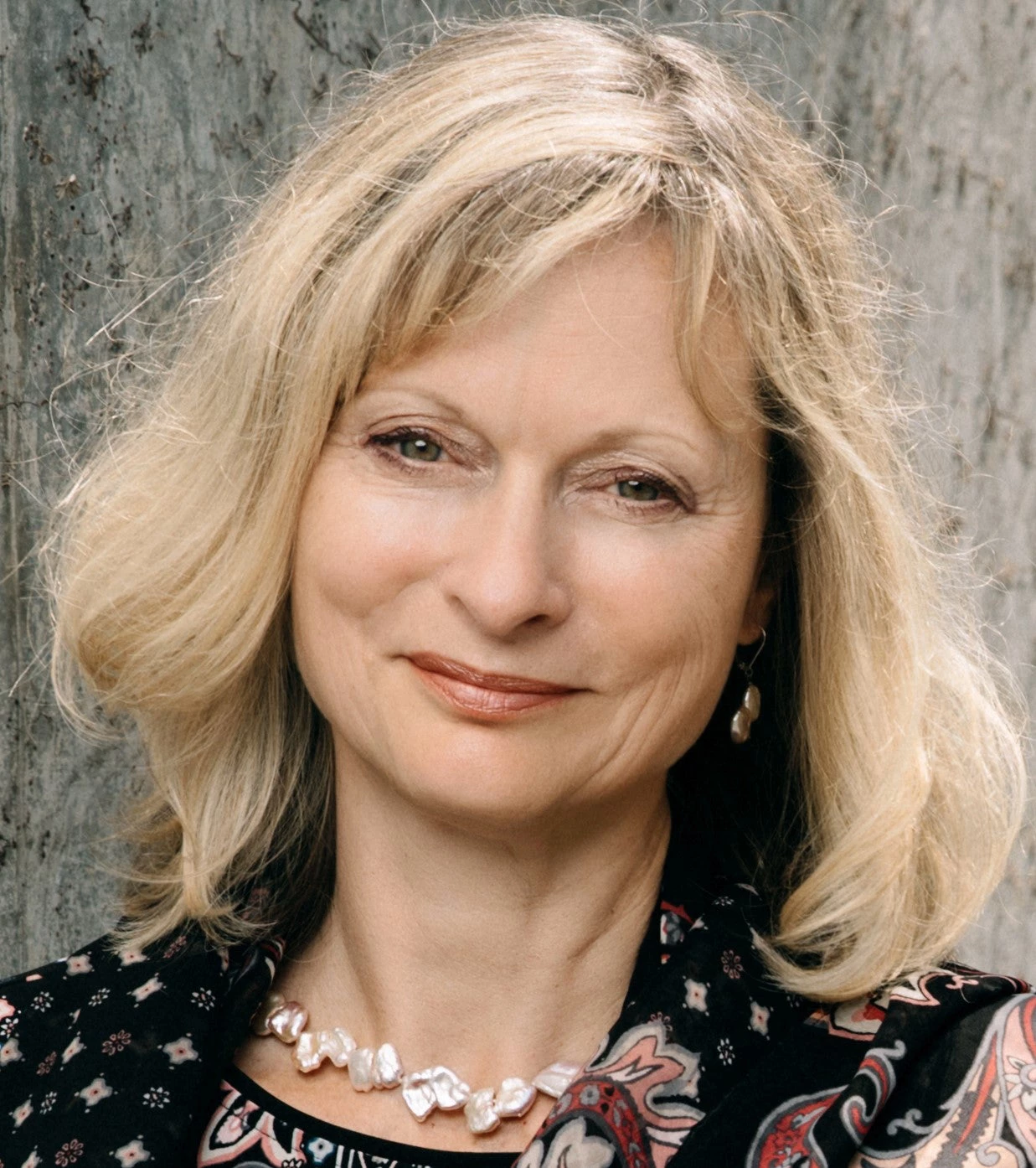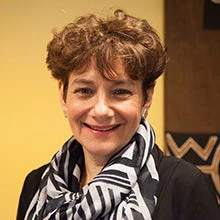 A new thematic note provides an overview of the situation of lesbian, gay, bisexual, transgender, and intersex people globally and makes the case for addressing discrimination and promoting inclusion. Copyright: Shutterstock.
A new thematic note provides an overview of the situation of lesbian, gay, bisexual, transgender, and intersex people globally and makes the case for addressing discrimination and promoting inclusion. Copyright: Shutterstock.
While substantial strides have been made in advancing the rights and economic inclusion of sexual and gender minorities, discrimination and exclusion still impact their lives and their communities. This comes with a cost to individual and societal well-being.
Social and economic disparities related to sexual orientation and gender identity (SOGI) stem from deep-rooted societal norms that define gender roles that confine not only women and girls but also many others. Lesbian, gay, bisexual, transgender, and intersex (LGBTI) people often find themselves subjected to the harsh realities of violence, stigmatization, and discrimination for not complying with conventional gender norms.
Inclusion can help unlock economic prosperity and growth
The World Bank recently issued a Thematic Note on SOGI Inclusion and Gender Equality that provides an overview of the situation of LGBTI people globally and makes clear why addressing discrimination and promoting inclusion makes economic sense in addition to being the right thing to do. Issued in conjunction with the proposed World Bank Gender Strategy (2024-2030), the Thematic Note makes clear that SOGI inclusion is fundamental to ensure all people have equal access to opportunities, unlocking human potential, enhancing agency, and fostering participation in economic activities. In parallel to the exclusion of women, eliminating the social barriers that LGBTI people face promises to unlock economic prosperity and growth.
Our understanding of how LGBTI people are marginalized in markets, essential services, and political and public spaces, and with what consequences, is growing. Newly published reports on the costs of LGBTI exclusion from labor markets in North Macedonia and Serbia show that eliminating LGBTI exclusion would increase the annual gross domestic product of North Macedonia and Serbia by an average of 0.6%. This analysis also found that in Serbia discrimination increases the risk of poverty from 16% to 20% among sexual and gender minorities due to higher unemployment rates and lack of access to basic housing, healthcare, and financial services.
Knowledge is needed to advance social inclusion
Striving for social inclusion demands a solid foundation of knowledge to inform policy discussions, and diverse datasets on the experiences of LGBTI people worldwide. In addition to building knowledge on this topic, we support client countries in advancing SOGI inclusion through Bank-funded projects and policy implementation. Our Environmental and Social Framework (ESF), introduced in 2018, provides broad protection related to transparency, non-discrimination, social inclusion, public participation, and accountability. We are building up our SOGI and Social Safeguards and Inclusion experts to further strengthen World Bank teams, ensuring that projects are designed with a commitment to eradicating discrimination based on SOGI. Meanwhile, the Bank's Equality of Opportunity for Sexual and Gender Minorities (EQOSOGI) research initiative, which examines the laws and regulations that affect the lives of LGBTI people, is expanding to provide upcoming projects with analytical underpinning.
Together, this research and improved understanding of the challenges and the opportunities at stake represent a step towards eliminating discrimination against lesbian, gay, bisexual, transgender, and intersex people so that we can achieve sustainable development for all. Accelerating gender equality for all reaffirms the World Bank commitments to nondiscrimination, inclusion, and equality of opportunity, encompassing sexual and gender minorities. Advancing SOGI inclusion is critical for overcoming longstanding gender barriers, and a foundational step for realizing our goal of ending extreme poverty and boosting shared prosperity on a livable planet.
To receive weekly articles, sign-up here



Join the Conversation